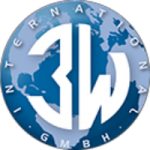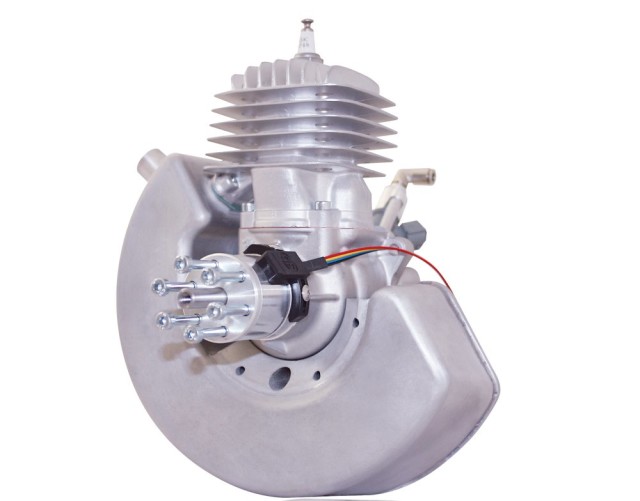The management of 3W International GmbH noted that in discussions with interested customers at the Xponential 2016 in New Orleans, one topic stood out: Time between overhauling (TBO). Aside from standard engines, the German engine manufacturer presented its complete drive concept to the North American specialist audience.
“Our complete drive concept was well received by the visitors,” Karsten Schudt, Managing Director of 3W International GmbH, confirmed. Aside from the small 1-cylinder engine 3W-28i HFE FI, the same engine was presented as complete drive system inclusive of all auxiliary systems. “This comparison illustrates what our development team, which boasts more than 30 years’ experience, can produce for our customers,” Schudt added. 3W International offers this concept for all Heavy Fuel (HF) and petrol engines.
In view of these development options, very concrete project discussions were conducted at the exhibition stand of 3W International. “We were able to show our interlocutors what our engineering and development capacities are. It was therefore only logical that customers discussed real project implementations with us,” as Schudt reviewed. Time and again, the discussions returned to the topic TBO.
3W International specifies TBOs of up to 600 – 1000 hours maximum, depending on the conditions of use and the maintenance of the engine. In this context, the number of hours will depend on the areas of use and the RPM range. “If these engines are driven at moderate speeds and are serviced at regular intervals, these maximum performances are possible. Naturally, the time will be reduced if the engine is used in dusty desert climates or at permanent RPM range,” as Schudt confirms.
However, the great demand for the TBOs to be reached also shows that the topic of efficiency is increasingly moving into the focus of UAV manufacturers and their customers. If TBOs are low, engine replacements and overhauls become necessary at short intervals. This comes with a significant disadvantage for both military and civil uses: costs increase. “Engines that lie idly at the workshop waiting to be overhauled fail to earn money, cannot be used in sensitive security missions and are also not available as replacement engines. Thus, they are completely unusable for the user at that moment,” as Schudt emphasizes.
For more than 30 years, the family business has designed and manufactured internal combustion engines in the range between 2 and 62 PS. The company had its origins in model aircraft for which 3W developed the first internal engines. As model aircraft flying is a cost-intensive hobby, customers were interested in engine units offering a long service life early on. By now, this interest has also become a main concern for many civil, commercial and military users.
Ultimately, the TBO performance of the engines is an economic factor as high stocks of replacement engines and short overhaul intervals tie up invested capital. One can therefore expect that the TBO will play an increasingly important role for UAV manufacturers and their end customers in future as well. “I believe that we demonstrate with our engine quality what is technologically possible. Our customers benefit in that they obtain top-notch engines that secure their missions and make them successful”, as Schudt concludes.
With more than 30 years of experience in designing, manufacturing and testing 2-stroke engines, 3W International GmbH has developed and patented the newest generation of Heavy Fuel (HF) engines for the Unmanned Aerial Vehicle (UAV) industry.
The quality of 3W-engines consists of several factors. Technical expertise, long-term experience, tradition and a state-of-the-art production are the reasons for one of the highest quality in the industry. 3W disclaims manufacturing abroad so customers can be sure every engine is German quality.
From R&D, prototyping, purchasing, manufacturing, calibration to in time delivery, 3W guarantee a constant and permanent quality control. Every manufacturing step is traceable. The employees are personally responsible to fulfill the 3W-quality standards. Component suppliers and partner share those standards and guarantee these quality requirements
Source: Press Release


